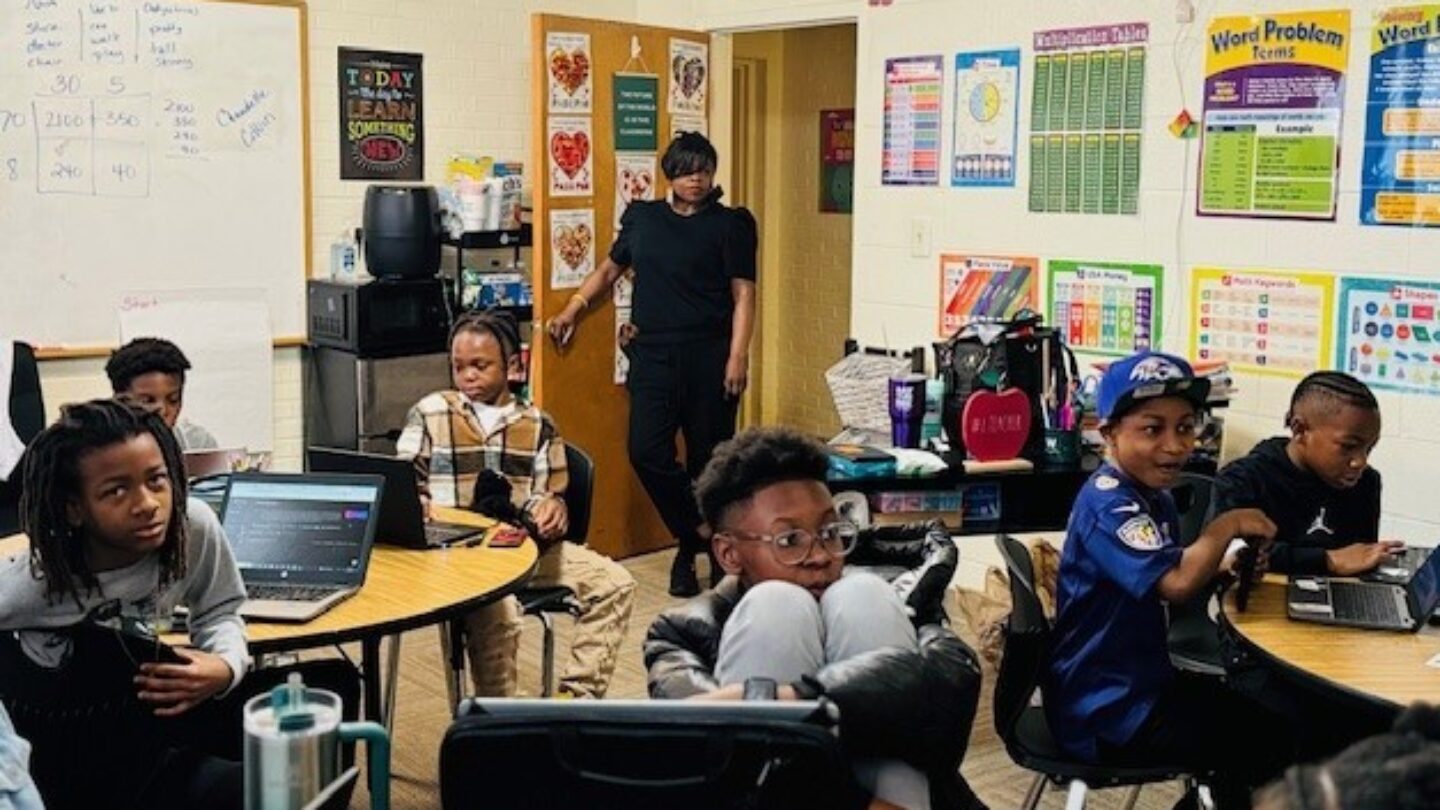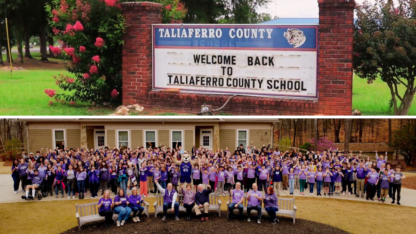This year marks 70 years since the U.S. Supreme Court’s Brown v. Board of Education ruling. The historic decision outlawed segregation in schools across the nation. Fast forward to now, school systems are still facing multiple challenges and equity issues.
Monday’s edition of “Closer Look with Rose Scott” marked the beginning of the weeklong series, “FAILING GRADE: Analysis of America’s Public Education Crisis.” The series explores the current state of education in Georgia and nationwide, from pre-K to higher-ed.
Show host Rose Scott talks with several guests, including the nation’s top official on education. Education advocates also address issues related to academic achievement, public HBCUs, rural schools and special needs students.
First, we air Part 1 of Rose’s conversation with April M. Jackson, the co-founder of Black Microschools ATL. Based on her experience as an educator, Jackson talks about some of the ongoing systemic challenges in public schools. Jackson also discusses the layered struggles one of the students faced while attending public schools, including not being able to read.
U.S. Department of Education Secretary Dr. Miguel Cardona then explains why he believes the public education system is under attack, the importance of investing in students and how taking urgent action can close achievement gaps and create equity in education. He also discusses the high court’s recent decision to end race-conscious admissions in higher education.









